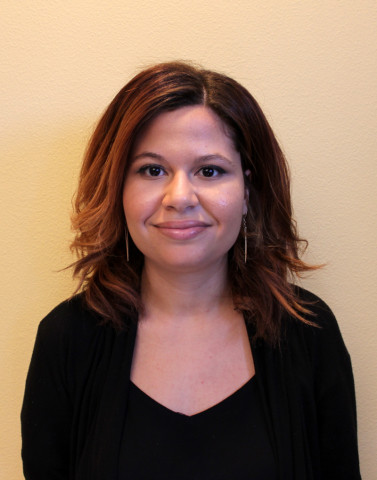
By Paulina Rojas
COACHELLA, Calif. — Magdalena Bentancourt has lived in the United States for 35 years but this November is the first time she has ever been able to vote.
Bentancourt, a North Shore resident, said she was motivated to work toward obtaining her U.S. citizenship when fees for renewing her green card were becoming too expensive.
“I started noticing that the prices to renew my green card kept increasing and I also started to worry more about [the green card] maybe getting taken away from me,” Betancourt said in Spanish.
Aside from studying for the citizenship test, Bentancourt had two other concerns about applying for citizenship: how she would pay the $680 application and biometrics fee and how she would take the test in English.
According to local advocates, application fees and the English language requirement are two of the biggest barriers to citizenship for many people living in the rural, mostly farmworker community of the eastern Coachella Valley.
“A lot of the people applying are farmworkers living paycheck to paycheck, so applying for citizenship is seen as a luxury,” said Luz Gallegos, community programs director at the TODEC Legal Center. “The first priorities are rent, their household and food for their kids.”
But many residents don’t know that help is available. Gallegos said the TODEC Legal Center offers help to residents who want to apply for citizenship or want to learn more about the application process. The community-based nonprofit has been organizing citizenship classes, sometimes up to three classes a week, since May.
This is where Betancourt found out she qualified for a fee waiver. Betancourt said many of her neighbors were not aware the waiver even existed.
“When I talk to people in my neighborhood about becoming citizens, they often tell me that they can’t afford all that money at once and would rather just pay to renew their green card,” Betancourt said.
“Most of our people are working all day and they don’t have time to go to school because their whole life is working,” Gallegos said. “We see this in the eastern Coachella Valley and across the region in farmworker communities.”
Karen Borja, associate director of Inland Congregations United for Change (ICUC), said she also sees this issue with many community members who show up for ICUC’s citizenship clinics.
Borja said many people who have worked in the fields for decades never had to learn English before applying to become a U.S. citizen.
“If you’re doing the same kind of labor for 30 years and you’ve always done it without needing English, then where is the necessity to learn English?” Borja said. “However, they are paying into a system, they are participating in a system that really needs them to become U.S citizens.”
There are, however, exemptions to the English language requirement based on age, length of residency and disability.
Although Betancourt qualified for the language exemption, she decided to take the civics test in English because she was determined to study in English.
She signed up for English classes at the Coachella Adult School.
Gallegos said she has seen other cases of people who wanted to learn English in order to vote in the 2016 election.
“They say, ‘It doesn’t matter. I’m going to try to learn English because it’s important for me to become a U.S. citizen,’” she said. “People are very motivated by what’s going on in our county. It has motivated our community.”
Completing the naturalization process and becoming a U.S. citizen has opened the doors to more opportunities, according to Betancourt.
“I would tell anyone considering it to remain focused because it’s worth it,” she said.
Amber Amaya contributed to this report.
About the author:
 Paulina Rojas joined Coachella Uninc. as a beat reporter in February 2016 after working as a city reporter in the eastern Coachella Valley for more than a year. Although born and raised in New York City, Paulina feels right at home in the eastern Coachella Valley. She loves the warmth of the people and buying fresh bread from her favorite bakery in downtown Coachella. Paulina is a graduate of the University of Houston, and her work has appeared in The Las Vegas Review – Journal, The Houston Chronicle, HelloGiggles and Vivala. View her author page here.
Paulina Rojas joined Coachella Uninc. as a beat reporter in February 2016 after working as a city reporter in the eastern Coachella Valley for more than a year. Although born and raised in New York City, Paulina feels right at home in the eastern Coachella Valley. She loves the warmth of the people and buying fresh bread from her favorite bakery in downtown Coachella. Paulina is a graduate of the University of Houston, and her work has appeared in The Las Vegas Review – Journal, The Houston Chronicle, HelloGiggles and Vivala. View her author page here.